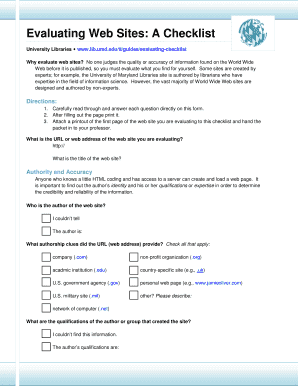UNC Charlotte students should understand and abide by the University’s policy on academic integrity.
What is Plagiarism?
From the Council of Writing Program Administrators’: Defining and Avoiding Plagiarism: The WPA Statement on Best Practices.
Many article databases and our library catalog will format citations for you. Use these automatic citations to save time, but check to make sure they are complete and accurate.
Here are some sites with useful information on MLA and APA Citation Styles.
UNC Charlotte Writing Resources Center
The WRC provides one-to-one writing instruction to students, faculty, and staff in any discipline. Located in 220 Fretwell.
Writing a Thesis StatementA resource about crafting a thesis statement by UNC Chapel Hill.
Online Writing Lab (OWL)Created and maintained by Purdue University, this site can help with citations and general writing skills.
Writing About ArtOnline version of a book of the same title (by Marjorie Munsterberg). Includes sample papers with comments.
Video title. Director's first and last name. Lead performers' first and last names.
Distributor, Year. Name of Web Site. Web. Date Retrieved.
Examples
Thriller. Dir. John Landis. Perf. Michael Jackson. Optimum Productions, 1983.
YouTube. Web. 29 June 2009.
Movie title. Director's first and last name. Lead performers' first and last names. DVD publisher,
Original release year. Media format.
Example
Divergent. Dir. Neil Burger. Perf. Shailene Woodley, Theo James, and Kate Winslet.
Summit Entertainment, 2014. DVD.
Title of work. By author or composer's name. Choreographer. Performer. The ballet company. The theater and location. Date of the performance. Medium (Performance)
Examples
"Ocean's Kingdom." By Paul McCartney. Chor. Peter Martins. New York City Ballet. David. H. Koch Theater, New York. 22 Sept. 2011. Performance.
"Anaphaza." Chor. Ohad Naharin. Batsheva Dance Company. New York State Theater, New York. 20 July 2002.
To write an annotation, you will comment, in paragraph form, on the following elements:
Content—What's the book about? Is it relevant to your research?
Purpose-—What's it for? Why was this book written?
Methods used to collect data—Where did the information come from?
Usefulness —What does it do for your research?
Reliability —Is the information accurate?
Authority—Is it written by someone who has the expertise to author the information?
Currency—Is it new? Is it up-to-date for the topic?
Scope/Coverage/Limitations—What does it cover? What does the author state that he or she will cover? What doesn't the book/article provide that would be helpful?
Arrangement—How is the book organized? Are there any special "added-value" features?
Ease of use—Can a "real person" use this book? What reading level is the book?
Sample annotation:
List, Carla J. Information Research. Dubuque, la.: Kendall/Hunt Publishing Co., 2002.
In this book, Carla List, an award-winning teacher and librarian, defines and describes information and provides step-by-step instruction on doing research. In seven chapters, she covers the organization of information, information technology, and the presentation, analysis, evaluation, and citation of information. A bibliography, glossary, and index are included. This book is aimed at the college-level student and is useful to the inexperienced researcher.
Burkhardt, Joanna M., Mary C. MacDonald, and Andrée J. Rathemacher. Teaching Information Literacy: 35 Practical, Standards-based Exercises for College Students. Chicago: American Library Association, 2003, pp. 57-58 (Exercise 25).
Author
Who wrote the page? What organization sponsored the page? Can you verify the author's credentials?
Purpose
What is the purpose of the page? Who is the intended audience? Websites can be for information or sales purposes, sometimes both.
Currency
Is the information up to date? Is the webpage dated? Recent updates do not necessarily indicate current information.
Objectivity
Relates to purpose. Is the intent of the website to inform or persuade? Are facts completely and accurately cited?
Support
Does the author provide footnotes or citations for the information provided?

